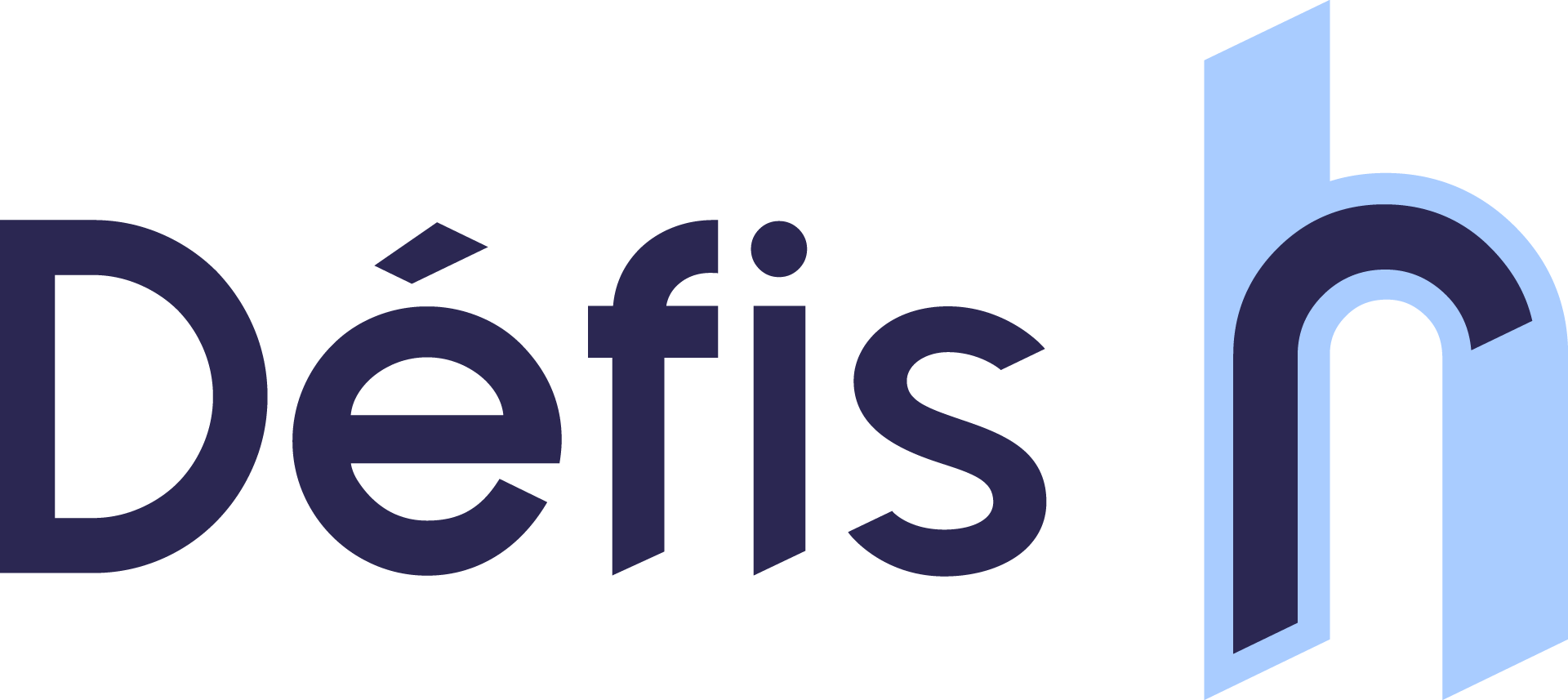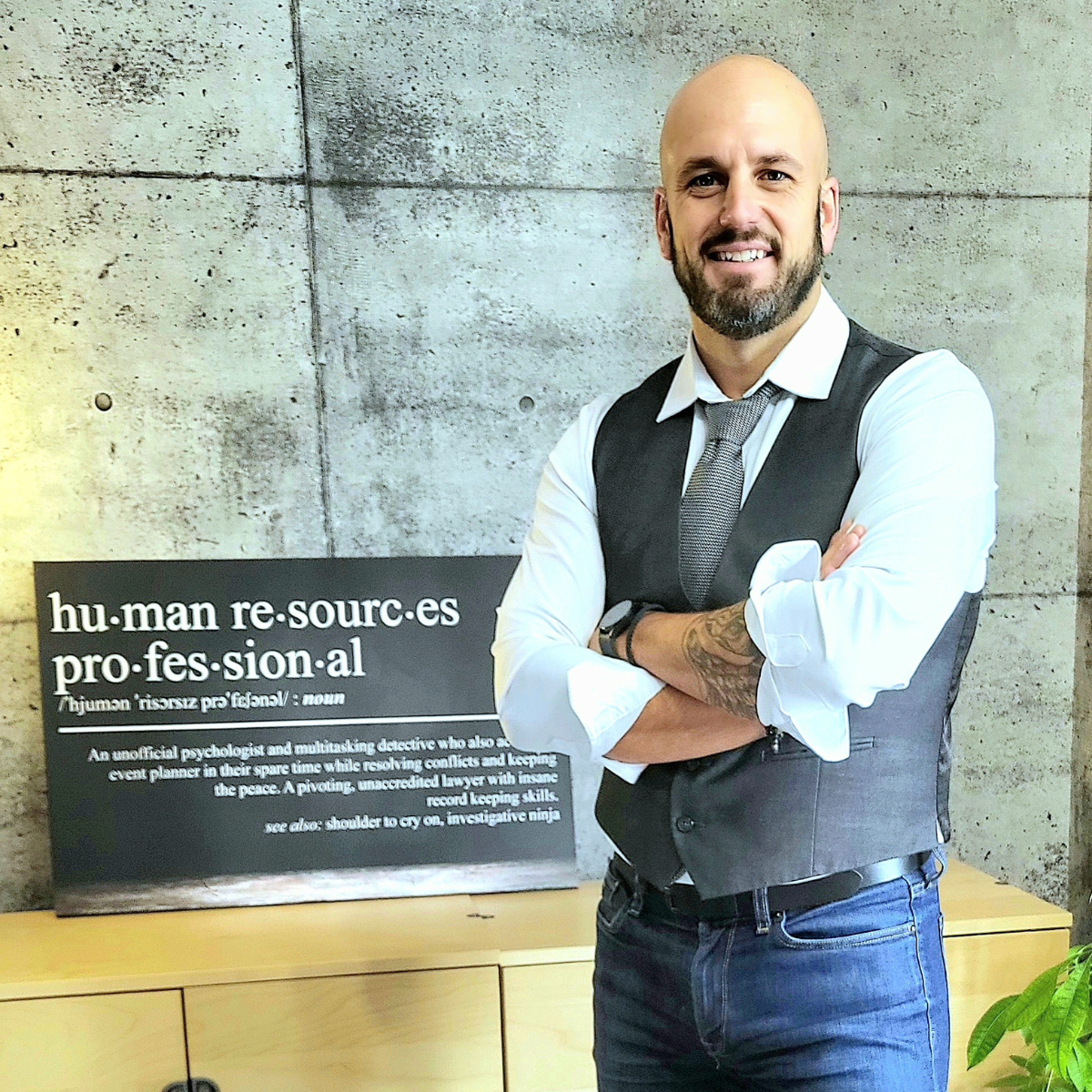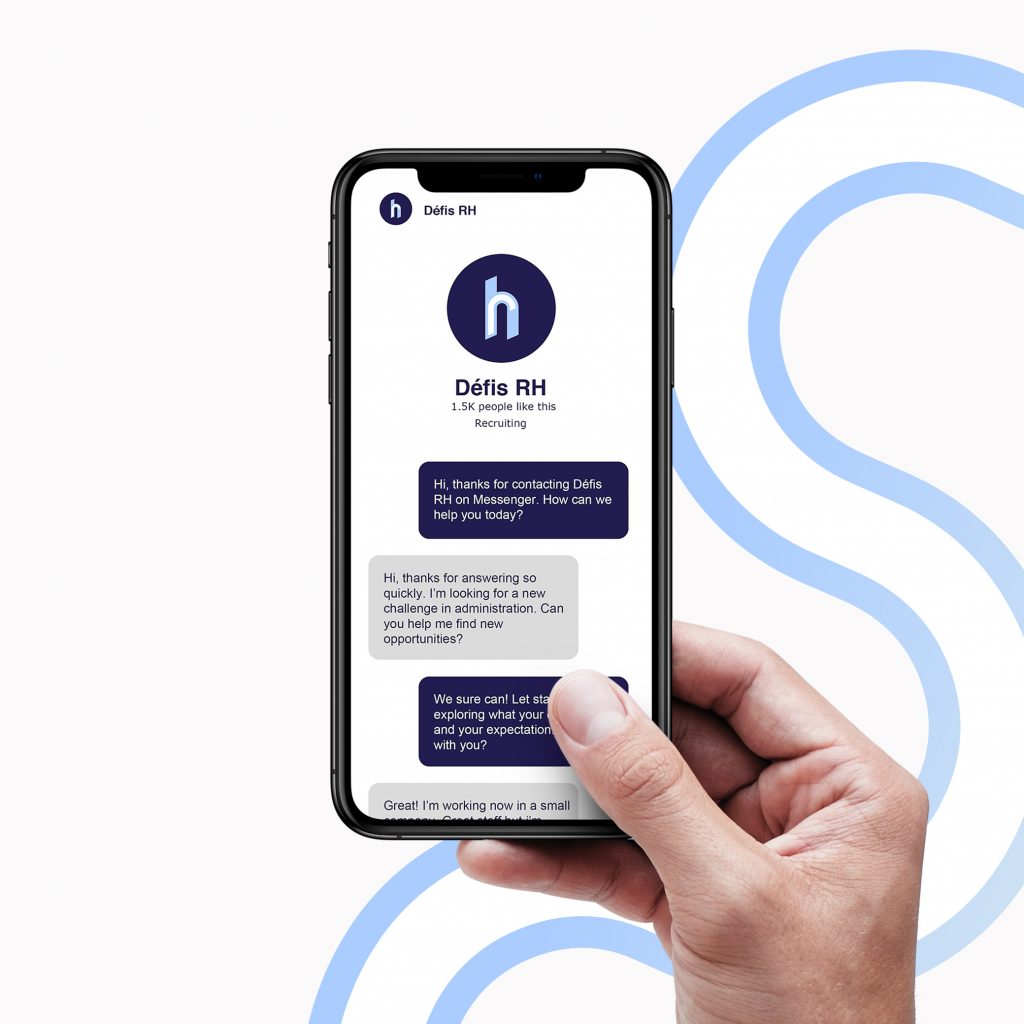Artificial Intelligence (AI) has emerged as a significant force in the professional landscape. As the increasing importance of emerging technologies heralds a digital makeover in corporate functions, AI’s impact on recruitment and HR is transformative.
AI literacy has swiftly become indispensable for talent acquisition, with organizations recognizing the need to leverage digital innovations to stay competitive. A study by MarketResearch forecasts an escalating demand for AI-driven solutions in recruitment, with the global GenAI HR market set to have a 15.4% compound annual growth rate, and spending will double from $477 million in 2023 to $941 million by 2028. Financial markets echo the sentiment, with a 366% surge in AI references on earnings calls, underscoring its strategic importance in the future of work.
Despite concerns that AI may take the ‘human’ out of ‘human resources,’ research indicates the exact opposite – AI enhances, rather than diminishes, the need for human judgment and creativity in business operations. Talent acquisition, inherently a people-centric domain, thrives on human interaction, and AI complements rather than replaces this essential aspect. People and leadership will be at the center of the AI shift. Research conducted by SHRM among 2,366 HR professionals in 2024 revealed that three-quarters of HR respondents believe that advancements in AI will “increase the importance of human intelligence in the workplace” over the next five years. Around 60% are “optimistic about the potential for effective AI use by employees” at their organization. Moreover, those who work at organizations utilizing AI are sixteen times more likely to say that it has transformed existing jobs rather than displacing them.
AI offers many benefits for recruiting, ranging from enhanced efficiency and speed to improved candidate experiences and data-driven decision-making. One of the most significant advantages lies in AI’s ability to swiftly process vast amounts of data, expediting recruitment. Moreover, AI enables recruiters to make informed decisions throughout the hiring journey by leveraging predictive analytics to identify the most effective recruitment strategies and optimize resource allocation. AI algorithms excel in matching candidates with job positions by analyzing resumes, skills, and job requirements, leading to better candidate fits, increased hiring success, and reduced employee turnover.
With an arsenal of AI tools, recruitment teams can build more consistency and predictability, automating high-volume tasks and personalizing interactions to the highest degree. AI liberates recruiters’ time, enabling them to focus on building relationships and effectively marketing the company’s value proposition to candidates. The burgeoning technology empowers HR and talent teams to optimize their strategies, prioritize insights development, and leverage AI tools throughout the recruitment process to make their talent acquisition smarter. The potential of AI in recruitment is particularly encouraging for small and medium-sized organizations, as it frees up valuable time and resources. With the upscaling of talent and HR capabilities, AI empowers growing businesses to foster competitiveness without requiring extensive hiring or significant financial investments.
Alongside its benefits, AI in recruitment poses challenges that organizations must navigate. While AI can help reduce bias, it’s not immune to it, especially if the training data is also biased. It is crucial to monitor fairness throughout AI development and recruitment implementation. AI also raises privacy concerns, particularly with the increased collection and analysis of candidates’ data. Transparency and robust privacy measures are essential to address these worries. Finding the right balance in the candidate experience is also key. While AI can streamline processes, it’s vital to maintain a human touch to avoid depersonalization. Lastly, as AI takes on more tasks, HR professionals must adapt and acquire new AI and data analytics skills to utilize these technologies effectively. Bridging skill gaps is vital for successful integration and maximizing AI’s benefits in HR. It’s important to note that while AI possesses numerous capabilities, it has limitations. AI cannot manage itself; it requires guardrails, context, and the ability to be auditable and explainable. AI can improve various aspects of hiring, but humans will remain the centerpiece in shaping a positive candidate experience.
To maximize the advantages of AI and inspire their teams, there are key strategies organizations can adopt. First, start small – don’t immediately try to go all-in with AI for every aspect of your recruitment process. Take measured steps to integrate it. Next, conduct thorough research. Evaluate various AI-powered recruiting tools, ensuring they align with your organization’s budget, needs, and objectives. Then, invest in comprehensive training for your team. Equip them with the necessary skills to use AI tools effectively and ethically. By regularly monitoring and evaluating AI initiatives, organizations ensure alignment with goals and allow for timely adjustments. Lastly, prioritize tasks that offer the greatest potential impact on your organization. Focus on those that can drive significant improvements in recruitment efficiency and effectiveness. At Défis RH, we recognize that people are at the forefront of the AI revolution. Our human-centered recruitment approach leverages AI to support our clients’ long-term success while prioritizing the human touch in our interactions. Organizations can thrive in the evolving recruitment landscape, driving sustainable growth and innovation when they understand how to integrate AI into their workflow. Talent teams that strategically and thoughtfully embrace transformation will create new growth opportunities and ultimately reshape the future of their business.













